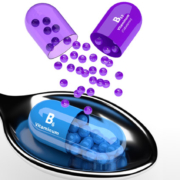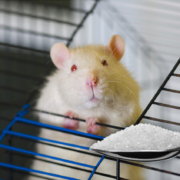Controversy: PSA Testing
Medical testing is a blessing at times, a curse at others, and a source of controversy in the medical profession itself. I recently wrote about colonoscopies and why they provide information other colon health tests do not. The PSA (protein specific antigen) screening for prostate cancer has also been controversial. Here’s why.
If the PSA exceeds a specific number (another point of controversy), especially if a digital rectal exam reveals an enlarged prostate, more tests follow. The prostate biopsy takes samples of the prostate to see if cancer is present. If not present, the PSA was a false positive that resulted in a much more expensive test that probably increased the anxiety of the individual.
But wait—there’s more. Even if cancer is diagnosed, it may or may not indicate treatment. That’s because many prostate cancers are very slow growing, especially in elderly men, and will not impact how long they live. They may die with prostate cancer but not of prostate cancer.
How do you decide whether testing PSA is necessary? A new study may provide some direction, and I’ll cover that Saturday.
The Insider conference call is tomorrow night, and the topic is important: a recent study and the medical press that followed have indicated your ability to purchase dietary supplements may be under attack. If you’re an Insider, you don’t want to miss this call. If you’re not, purchase your Insider membership by 8 p.m. ET Wednesday night to get the latest information as well as all the other benefits of membership.
What are you prepared to do today?









